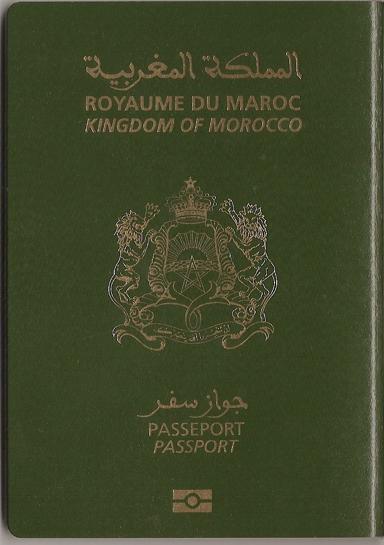Visa free access for Morocco
As a Morocco passport holder, you are permitted to travel visa-free to 109 countries and territories. This data is correct as of March 2024.
In order to travel visa-free, you will need a valid passport, often with at least six months until expiry. Additionally, you may need travel insurance, as required by your destination country.
Within these countries, there is often a separate section in airports where you can submit your Visa on Arrival. You will receive your visa on arrival (VOA) after entering the country that issued the visa.
Acquiring an eVisa follows the same process as applying for a traditional visa. The main difference with an eVisa is that you don’t need to visit a visa application centre. You can submit your application online, including making any payments relating to the visa.
Once the relevant authorities approve your application, you will receive a confirmation email regarding your visa status, along with a document that you must print and bring with you when crossing the border.
You will need a valid visa to enter the 109 countries with a Morocco passport.
About Morocco
Morocco, located in North Africa, is a country rich in history, culture, and natural beauty. It is bordered by the Atlantic Ocean and the Mediterranean Sea, with a diverse climate ranging from Mediterranean in the coastal regions to more extreme in the interior and southern areas. The country experiences a hot summer and a mild winter, with the Atlas Mountains serving as a climate barrier.
The population of Morocco is approximately 36 million, with a mix of Arab, Berber, and other ethnic backgrounds contributing to a vibrant and diverse culture. The official languages are Arabic and Amazigh, although French is also widely spoken. Morocco’s culture is a blend of Berber, Arab, French, and other influences, evident in its music, literature, cuisine, and architectural styles.
Morocco’s economy is considered diverse, with major sectors including agriculture, mining, and manufacturing. Tourism is also a significant contributor, with visitors drawn to its historic cities, beautiful coastlines, and distinctive culture. The Moroccan Dirham is the official currency.
Morocco is also known for its unique traditions, such as the colorful Marrakech market, the annual Fes Festival of World Sacred Music, and traditional Moroccan tea ceremonies. Whether you’re interested in history, culture, or natural beauty, Morocco offers a wealth of experiences.

 Morocco
Morocco




































































































































































































